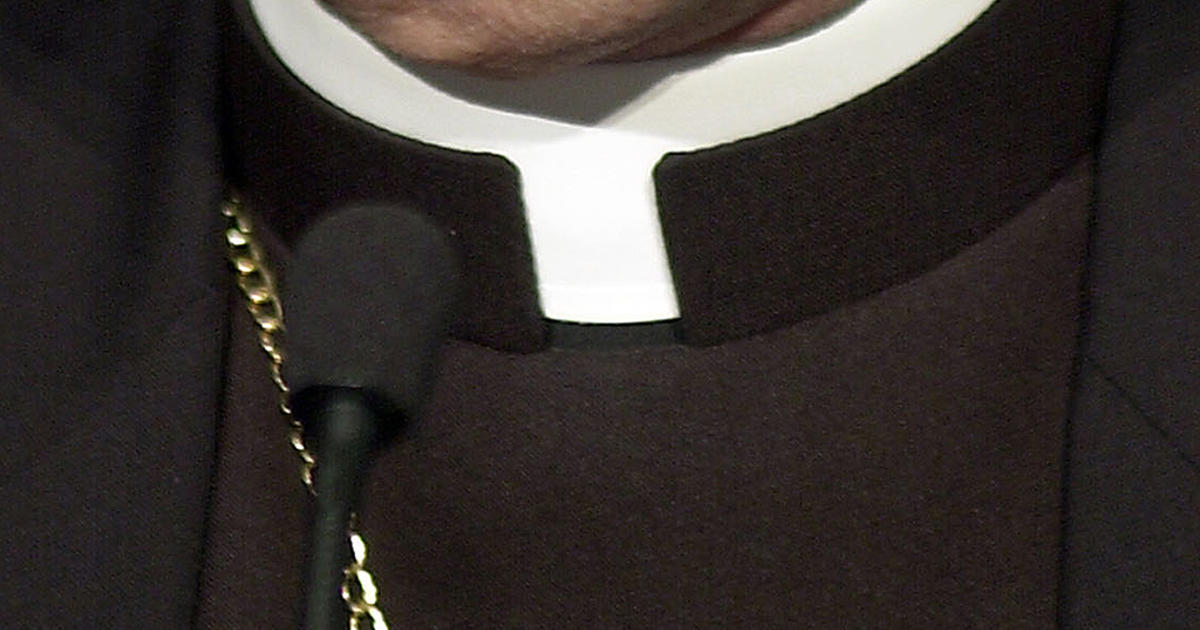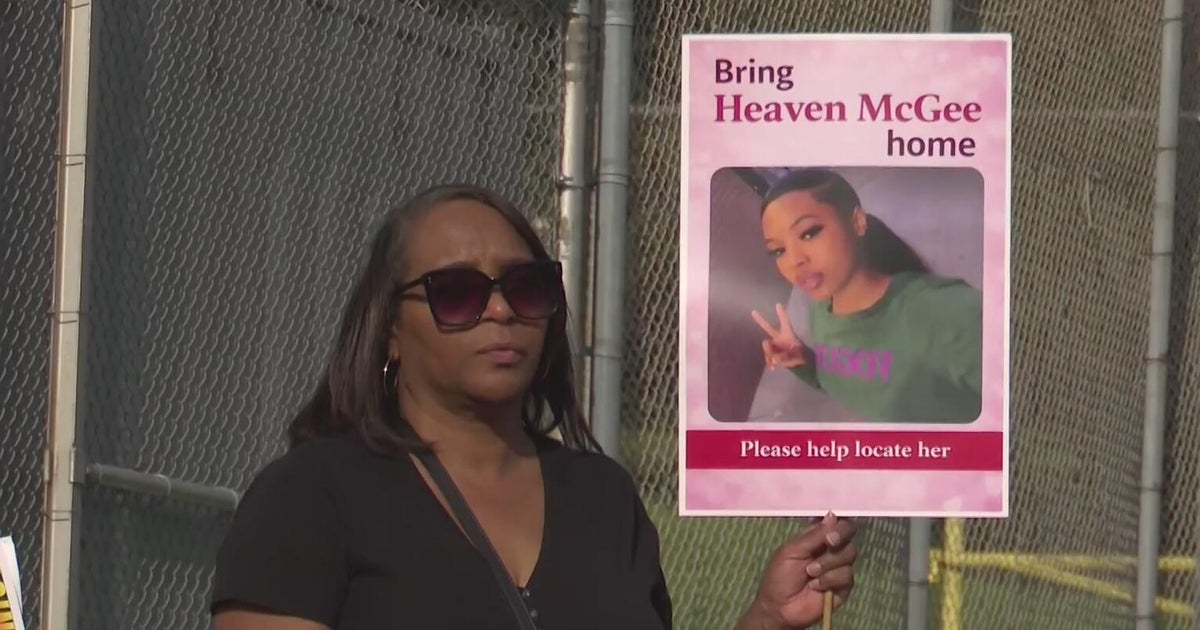Sandusky May Be Witness In His Fight For Pension
HARRISBURG, Pa. (AP) — Jerry Sandusky might have to testify in person if he wants to win back the pension he earned during three decades at Penn State, and former FBI Director Louis Freeh could be called as a witness too.
Sandusky, 69, lost his $4,900-a-month pension on Oct. 9, the day he was sentenced to 30 to 60 years in prison for sexual abuse of 10 boys. The forfeiture also made his wife, Dottie, ineligible for benefits.
Sandusky appealed the revocation. The hearing examiner charged with handling the appeal wrote last month that his lawyers and the State Employees' Retirement System both may want the former Penn State assistant football coach to testify at a Jan. 7 hearing.
That presents a logistical challenge, because Sandusky is a state prison inmate.
Sandusky is kept from the general population of inmates at Greene State Prison while he awaits arguments before a state appeals court next month in Dallas, Pa. The Corrections Department said Friday procedures exist to accommodate hearings for inmates, whether in person or by video.
Hearing examiner Michael L. Bangs said in 159 pages of case records released to The Associated Press this week under a Right-to-Know Law request that both sides have until Nov. 7 to identify all witnesses they plan to call. If Sandusky is among them, they will have to determine if it's practical to have him transported to the hearing.
Another possible witness is Freeh, the former federal judge and FBI director who led the team that produced a report for Penn State into how the school handled complaints about Sandusky and the actions of top administrators.
The retirement system, which permits enrollment by Penn State employees even though the school is not state-owned, ruled Sandusky's conviction met the standards of the state Public Employee Pension Forfeiture Act, and stopped retirement payments immediately.
In revoking the pension, SERS said Sandusky's convictions for involuntary deviate sexual intercourse and indecent assault fell under the forfeiture law, and his post-retirement ties to Penn State made him a "de facto" employee for crimes committed after he left the university's payroll.
Sandusky's lawyer Charles Benjamin challenged that ruling, arguing his Penn State employment contract was not renewed after the forfeiture act passed in 1978, so its terms don't apply. Benjamin said in a November appeal of the SERS decision that Sandusky, "at most," acted as an independent contractor following his retirement, not as a university employee.
A SERS prehearing statement from April listed potential witnesses that included Freeh, SERS benefits administrators, someone from Penn State to authenticate documents and possibly Jeff Clay, executive director of the state's teachers' pension system.
Benjamin's prehearing statement from April said Penn State made only six payments to Sandusky between 2000 and 2008, and he was never a Penn State employee in that period. It said his potential witnesses include the Penn State controller, who would describe post-2000 payments to Sandusky.
(© Copyright 2013 The Associated Press. All Rights Reserved. This material may not be published, broadcast, rewritten or redistributed.)






